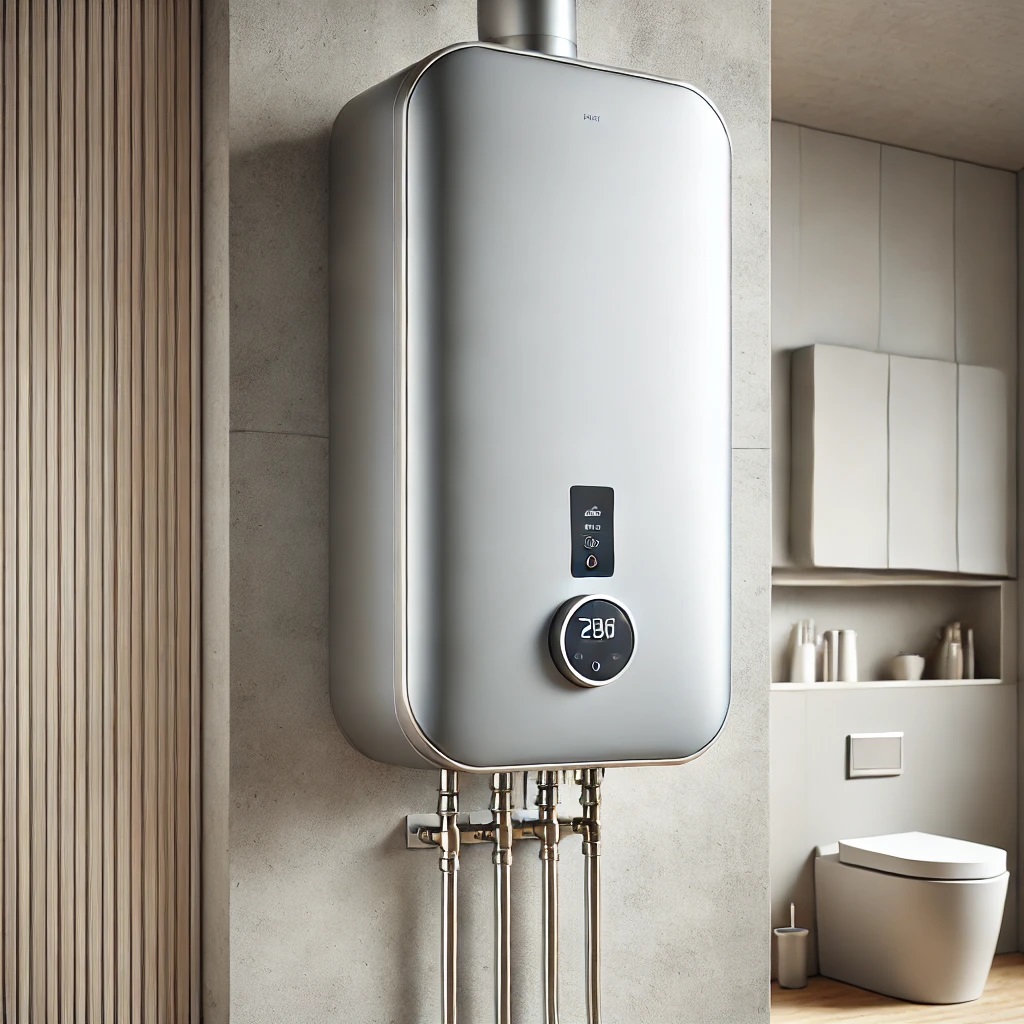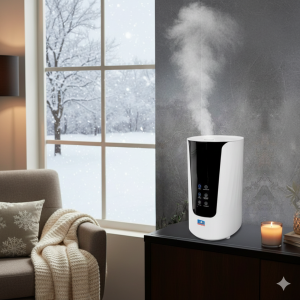The technological revolution of tankless water heaters or instantaneous heaters has significantly transformed the way we get hot water in our homes. These devices, also known as instantaneous heaters, have gained popularity due to their energy efficiency, compact size, and ability to provide hot water instantly without the need for a storage tank. Here are some of the key aspects of this technological revolution:
-
Energy efficiency
Tankless water heaters use energy only when hot water is required, unlike traditional heaters that keep large amounts of water at a high temperature throughout the day. This technology eliminates the energy waste that occurs in tank models due to heat loss. Consequently, they can reduce energy consumption by 24% to 34% for homes that use around 40 gallons of hot water daily.
-
Space saving and installation flexibility
Without a storage tank, these heaters are more compact and lightweight, making it easier to install in small or unconventional spaces. They also offer flexibility in placement, as they can be installed close to points of use, decreasing the time it takes for water to reach hot and reducing the amount of water wasted.
-
Continuous and instant hot water
Tankless heaters provide hot water instantly and continuously, as long as there is power and water supply. This eliminates the problems of “running out” of hot water that can occur with tank heaters after several consecutive uses, something especially useful in large homes or families that need hot water constantly.
-
Advanced control and safety technology
The latest models of tankless heaters are often equipped with advanced technology, such as digital controls and precision thermostats that allow you to adjust the temperature precisely. Some even have remote monitoring features and maintenance alerts, thanks to the connection with mobile applications. In addition, they have safety systems that prevent overheating and protect against gas buildup.
-
Longer lifespan and less maintenance
Unlike traditional heaters, tankless water heaters typically have a longer lifespan, which can reach 20 years if properly maintained. Although they do require maintenance to prevent mineral buildup, this is generally less frequent and simpler than tank models, as there is no reservoir for waste to collect.
-
Environmental impact and reduced emissions
By using energy only when necessary, these heaters help reduce greenhouse gas emissions, making them a more sustainable option. This is particularly relevant in models that run on electricity and can take advantage of renewable sources, contributing to the transition towards cleaner and more efficient energy consumption.
What can we expect from the technological revolution of these water tanks?
The revolution of tankless heaters is constantly evolving, with improvements in efficiency, the integration of smart technologies and the use of materials with greater durability and sustainability. With continued advancements, we are likely to see even more fully integrated models with smart home systems and renewable energy technologies, making them increasingly attractive to those seeking efficiency and sustainability.




